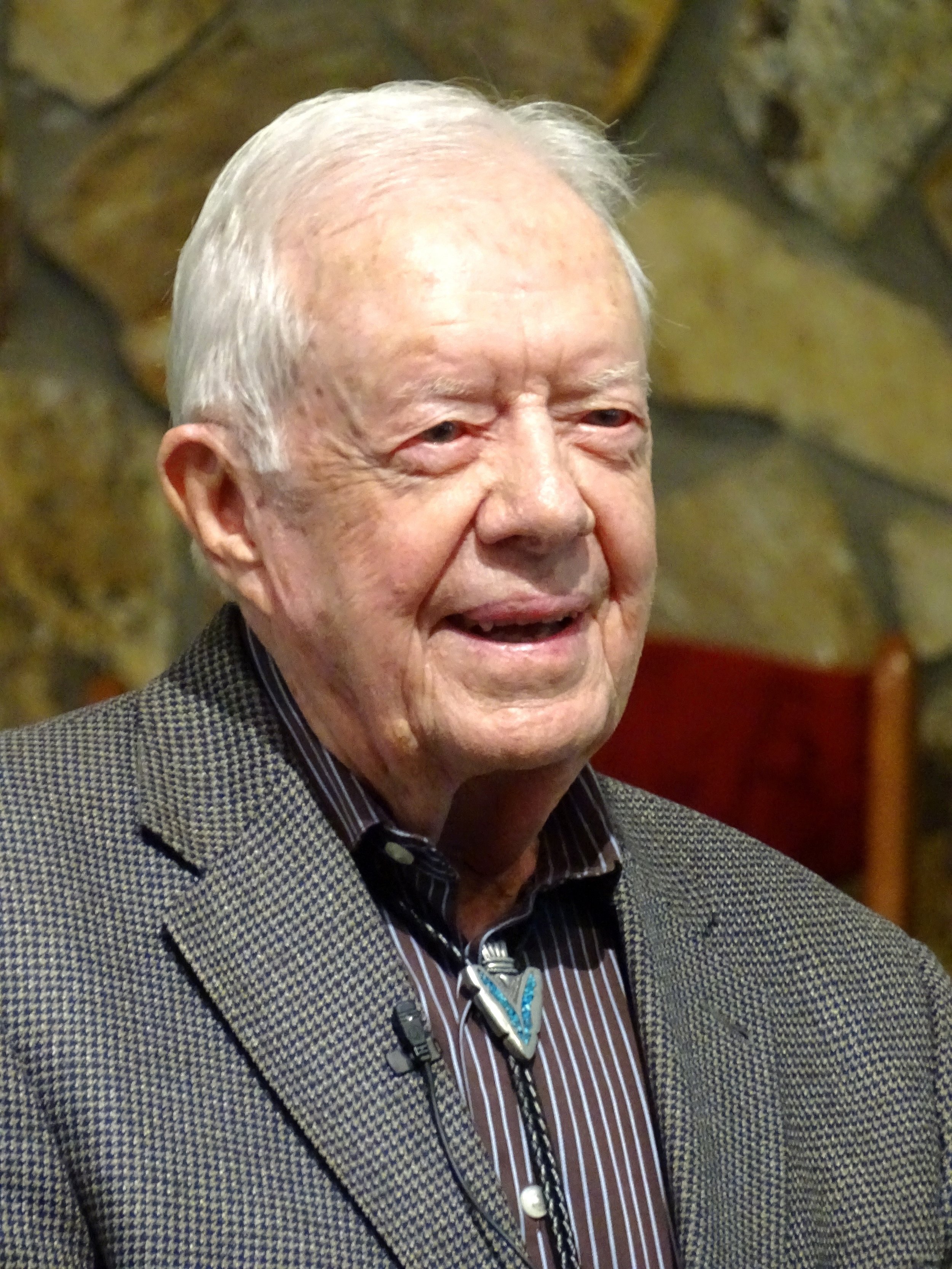Jimmy Carter: A Good Man. A Poor President.
Last weekend’s news - that former President Jimmy Carter, 98, had entered hospice care at his home in Plains, Georgia - was sad, yet not entirely unexpected.
In 2017 he became the first American president to live long enough to experience the 40th anniversary of his inauguration. His has been a long and quietly extraordinary life.
By all accounts, Carter lived his post-presidential years much as he had his pre-presidential years, humbly. Unlike the presidents who came after him, Carter never lived an ostentatious life. Once he left the White House Carter didn't seem to try to monetize his experience. Instead he spent his time working with charities such as Habitat for Humanity and for peace initiatives around the world.
Until recently Carter continued to teach Sunday school most weeks at the church where his family has always worshipped.
It’s a cliche by now, but even his detractors like to say that Carter was a far better former president than president.
That is an understatement.
Those of us who lived through the Carter years will never forget them. The gas shortages, high unemployment and skyrocketing interest rates. On top of that, America was humiliated on the world stage by Iran when, in November of 1979, 66 citizens at our embassy in Tehran were taken hostage and Carter simply couldn’t secure their release.
The Federal Reserve raised the discount rate from 10% to 12% within two months. Carter then enacted an austerity program by executive order, stating that inflation had reached a "crisis stage". Both the inflation rate and the short-term interest rates reached 18 percent in early 1980. Fixed rate investments became less valuable. On March 14, 1980, President Carter announced the first credit control measures since World War II. All of this led to a sharp recession in the spring of 1980. The sudden fall in GDP during the second quarter caused unemployment to jump from 6% to 7.5% by May. Output in the auto and housing sectors fell by over 20%, their weakest level since the 1975 recession. Carter phased out credit controls in May, and by July, the prime rate had fallen to 11%. Inflation eased to under 13% for the remainder of 1980…
The troubled economy as well as the Iran hostage crisis contributed to Carter’s loss of the presidency to Ronald Reagan in the 1980 election. The popular vote was 50.7 percent or 43.9 million popular votes for Reagan and 41 percent or 35.5 million for Carter. Independent candidate John B. Anderson won 6.6 percent or 5.7 million votes.
Many of us have compared the Biden presidency to the Carter years, but there is one big difference between the two Democrats: The quality of their character.
Jimmy Carter, a Naval Academy graduate and submarine officer, was a patriot. His love of country was never in question.
Biden doesn’t seem to share this love of country. In fact, he’s spent two years tearing apart the fabric of America. He’s a serial liar and a grifter.
Yes, Carter was a poor president. But he was a good man.
At the sunset of life, isn’t that more important, anyway?


